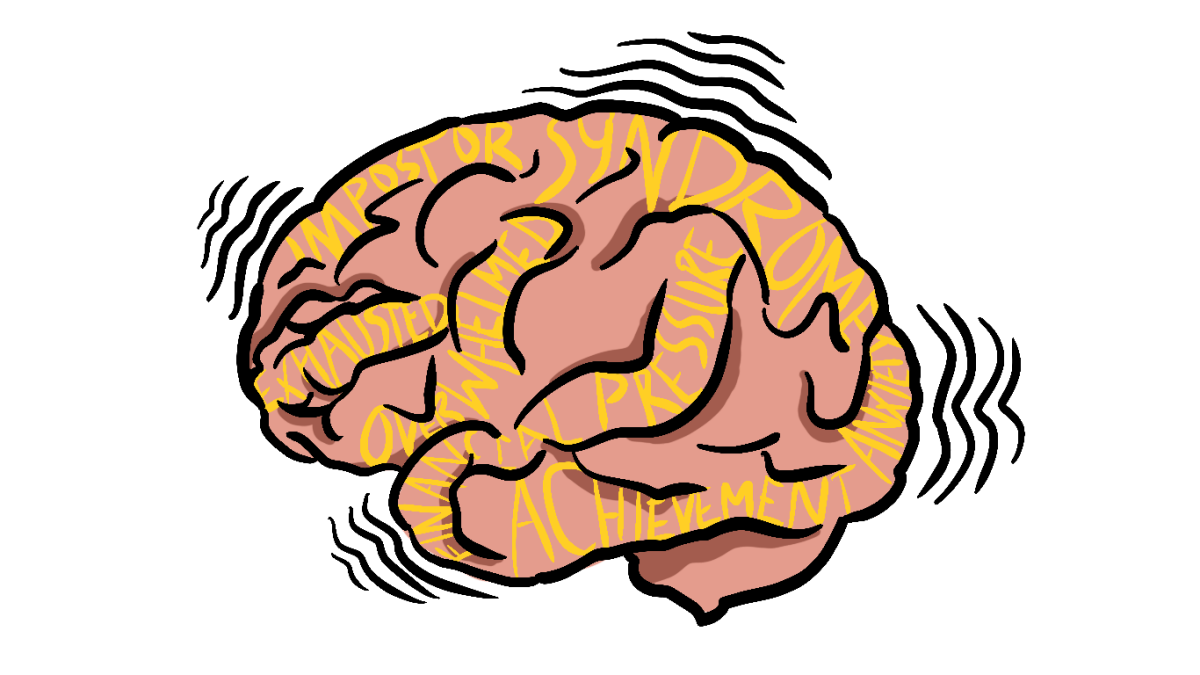After the cancellation of the Graduate Student Mental Health Symposium originally planned for late March 2020, the Graduate Mental Health Alliance created a video series called “You Are Not Alone” to offer a sense of community and support for graduate students navigating the mental health challenges of both graduate school and the COVID-19 pandemic.
Cody Zane, who completed his Ph.D. in fiber and polymer science in the Wilson College of Textiles earlier this year, added the first video to the “You Are Not Alone” series. G Solorzano, a fourth-year Ph.D. student in sociology with a concentration in food and environment, uploaded a video similar to Zane’s but for Spanish-speaking students, along with a new video on starting a graduate program virtually.
“As graduate students, we have this idea that we need to be high-functioning and high-achieving all the time,” Solorzano said. “So to be under circumstances where we feel like you can’t do that, it toys with your self esteem.”
Solorzano said it is important for academic institutions and faculty as individuals to check in with students about their mental health in an honest way. Right now, they said that simply acknowledging the cognitive load students may feel as a result of the COVID-19 pandemic and police brutality can help students feel as though they do not have to carry burdens alone.
“The more that students hear it coming from different directions, students will also start to recognize that taking care of your mental health is just as important as, you know, studying for an exam,” Solorzano said. “You can’t separate those two things … I hope that everyone within the University — students, faculty, professors — hear the call of action to take mental health seriously and to destigmatize it.”
Nikki Inglis, a third-year Ph.D. student in geospatial analytics, was part of the planning process for the original in-person symposium, which would have brought together over 200 students, faculty and mental health professionals on NC State’s campus. According to Inglis, the symposium was not just meant to discuss the current graduate mental health crisis, but evaluate actionable ways forward on how to address it and how to best advocate for students.
“It became pretty clear during spring break that it wasn’t going to happen,” Inglis said. “So it was, of course, hard to see all that hard work sort of fall apart. But at the same time, everyone was dealing with so many other difficulties in the transition to online work, professors and students alike, that we opted to not reschedule and sort of start to shift the narrative a little bit.”
Inglis said a video on the international student experience during COVID-19 will be released soon.
“We really hope to continue to diversify the voices around what it’s like to be a graduate student right now,” Inglis said. “We hope to build on this momentum. [As] a group as we start meeting and incorporate as an official student organization, we’re looking for other ways to advocate for graduate mental health and make a real impact.”
To learn more about the Graduate Mental Health Alliance, students can contact Nikki Inglis directly at ncinglis@ncsu.edu. To learn more about mental health resources at NC State, students can visit the Counseling Center website or call 919.515.2423. Students facing a mental health crisis can seek help from the Suicide Prevention Lifeline by calling 800.273.8255.








